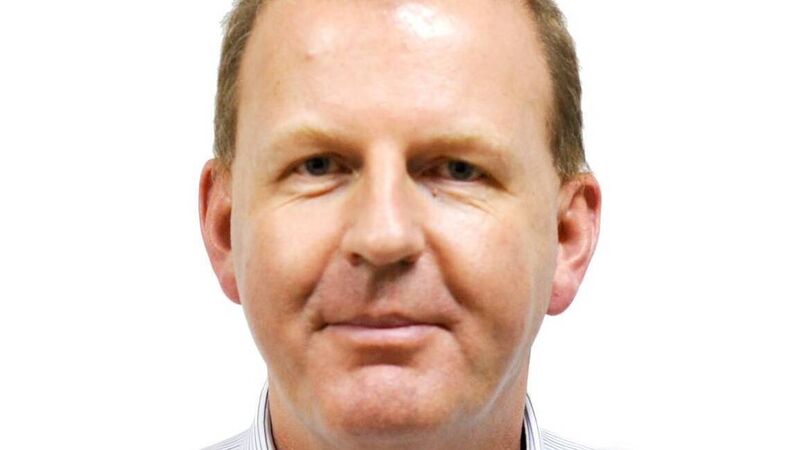President Higgins leads tributes to Irish-born polio eradication pioneer Aidan O'Leary

Aidan O'Leary, director of the WHO's Polio Eradication Programme, has died, aged 59.
The head of the World Health Organization (WHO) has led tributes following the sudden death of the Irishman who was spearheading its global efforts to eradicate polio.
Dublin-born, Geneva-based Aidan O'Leary, the director of the WHO's Polio Eradication Programme since 2021, died suddenly while on a family holiday on Tuesday. He was 59.










